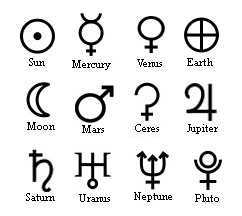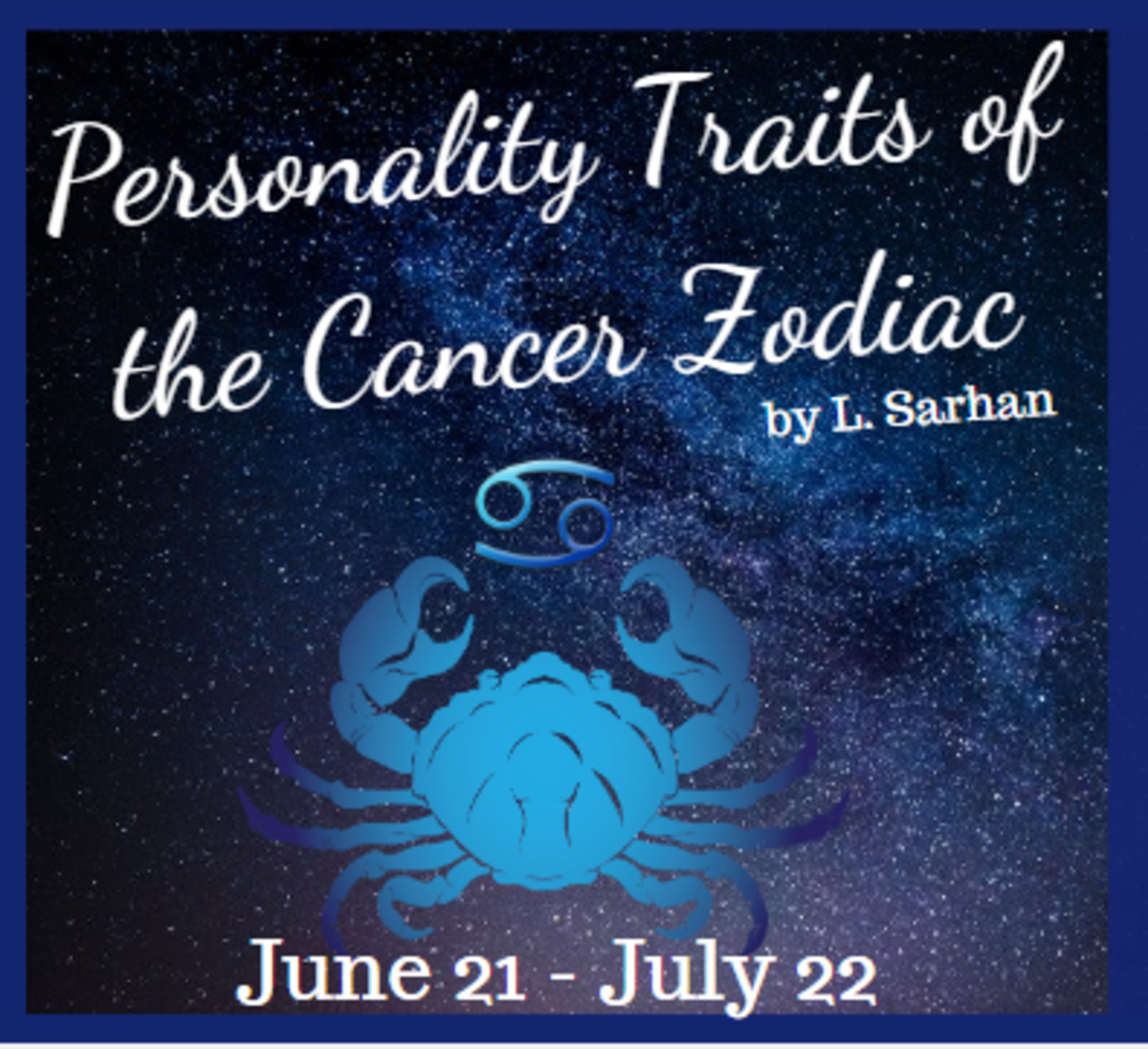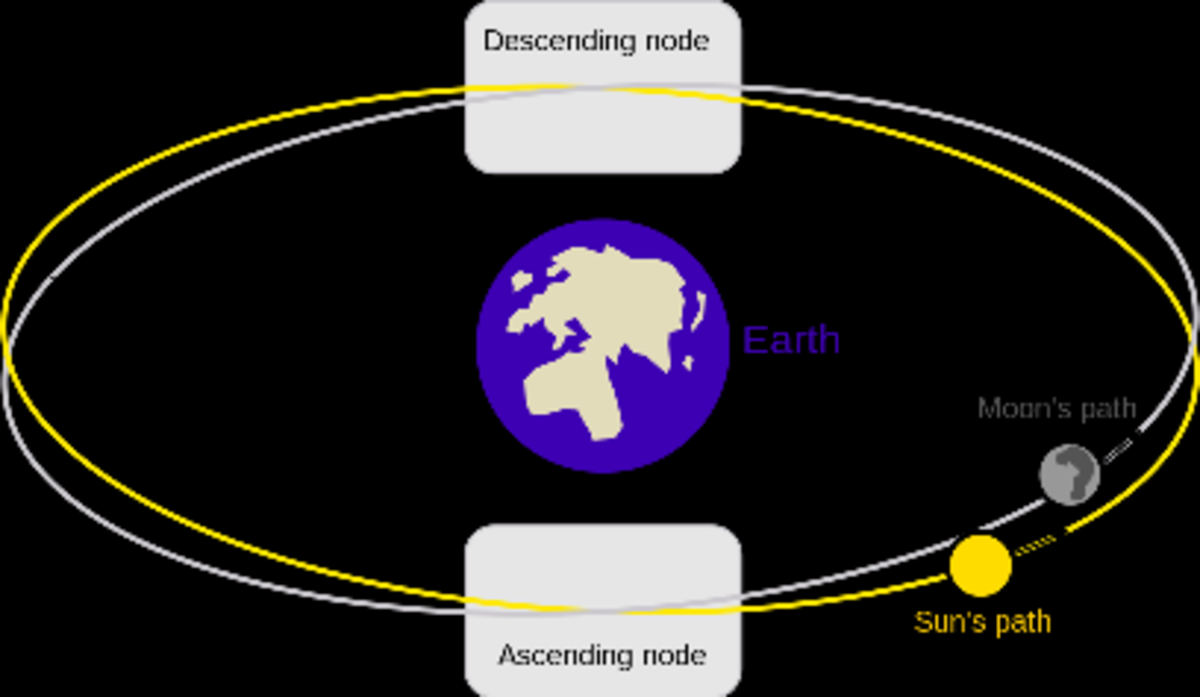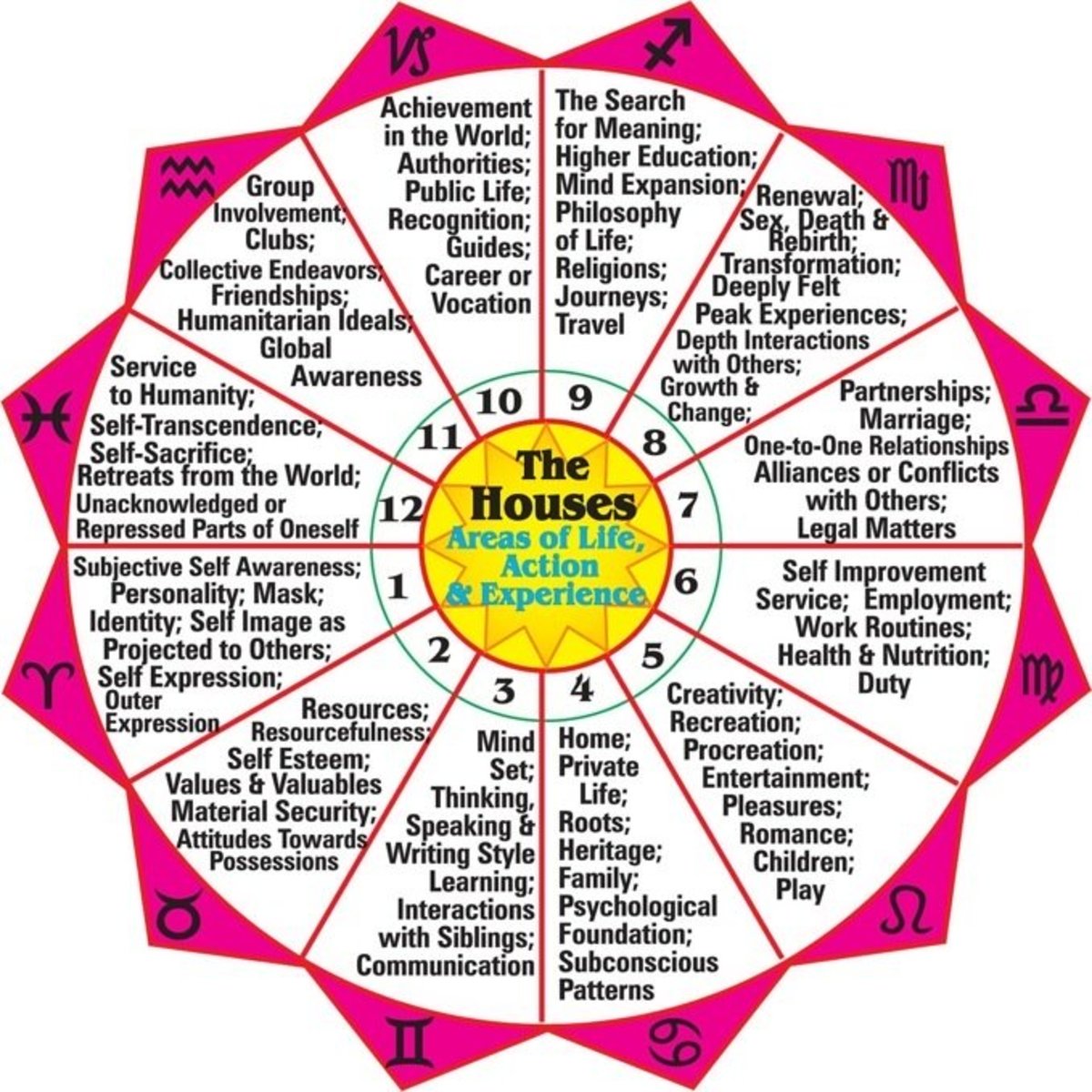The world of Astrology
Astrology is different from the sciences in that it is not a logical theory-based model derived from experimentation, but a body of knowledge derived from deductions from empirical observations over the years. And while it has a fair share of critics who believe it to be a hoax it also has a sizeable following as can be seen from the astrology pages in popular magazines and the crowds that practitioners collect.

Believers and disbelievers
Astrology often differentiates the rationalist, confident, self-driven achievers, who believe in free will and the struggling, striving believers in destiny who give a measure of significance to the role of others and external factors in shaping the outcome of their efforts and lives. The differences are sometimes stark but at other times muted – as for instance the man who believes only in hard work but takes a look at the weekly zodiac predictions “just for the fun of it.”
My movement from being a firm disbeliever while I was in the prime of youth, when nothing was impossible, to being a healthy sceptic open to experiencing and finally learning the fundamentals of this body of knowledge has helped me understand the views on both sides of the divide. Without taking sides, let me just say that crossovers do take place. Generally when things go well, we tend to credit ourselves for all the achievements and ridicule those who run to astrologers and their ilk for succor or redemption. Then when the tide turns and serial misfortunes wear us out, we become more receptive and open to experience these alternative systems.
Meaning of astrology
If you look at the popular understanding, astrology means different things to different people. For the disbelievers, it has a whole lot of negative connotations ranging from pseudoscience to something meant for the stupid and gullible to some sort of a hoax or fraud. The surprising thing is that even for the believers, it may mean different things - the weekly column in the magazine or on the astrology site or some would mix it up with palmistry. You may come across people who think it has to do with tarot reading while others would think it means wearing gemstones. There are also those who would associate it with the crystal ball predictions of the famous American crystal ball gazer, Jeane Dixon while others would recall the psychic predictions of the future by Nostrodamus. Taken literally, astrology would mean the study of stars and constellations. Practically the study focuses on the influence of these celestial bodies on human activities / life.
Astrology models
There are various models in different parts of the world and the better known ones are Western astrology, Chinese astrology and Indian astrology.
Western Astrology
Coming down from the days of Ptolemy’s work in the 2nd century AD the popular form of astrology in the western world involves drawing up a horoscope or chart of the heavens for the moment when one was born, This is then analysed and taking into account the positions of the planets in the twelve signs and houses of the zodiac, and their influences on each other, the personality and life events are predicted. The Sun, Moon, Mercury, Venus, Mars, Jupiter and Saturn were traditionally taken into account while modern astrologers have added Uranus, Pluto, Ceres and Neptune as well.
A simpler form of this exercise takes into account only the position of the Sun and this forms the basis of the weekly columns and yearly horoscopes that one comes across.
Chinese astrology
Chinese astrology is a different model based on Chinese philosophy and their calendar based on traditional astronomy, According to Chinese astrology there are twelve different animal signs based on twelve personality types and one’s zodiac sign depends on the Chinese year in which one was born.
Indian astrology
Indian astrology dates back to the Vedas and is intertwined with the religious texts and beliefs of the Hindus. Modern understanding of Indian astrology is derived from the works of sages like Parashara, Varahamihira, Jaimini and Garga.
In this vey elaborate system, the horoscope is drawn up to plot the positions of the planets (Sun, Moon, Mars, Mercury, Venus, Saturn and Jupiter as well as the two Nodes (Rahu and Ketu), and based on the positions of the planets and their mutual aspects or influences the personality and predictions of the future are arrived at. The position of the sun is not given the primacy as in western astrology. Instead the ascendant and position of the moon are considered equally important. Nowadays, some magazines and astrology websites carry weekly monthly and yearly forecasts for different janma rashis. (zodiac sign in which the moon is placed at the time of birth) just as western astrology forecasts are prepared for zodiac signs based on the position of the sun.
The dasa system or planetary periods provides a tool to figure out the flavor of life, challenges and opportunities and significant life events from time to time. There are many other tools and systems that have evolved over the years but it will take volumes to cover and cannot be condensed in a hub.
In the hands of a skilled practitioner, Indian astrology has all the tools to provide a blue print which can guide us through life recognizing all the while the truth from the Vedas that astrologers can ”only indicate in a way what will take place in future, for who else, other than the creator Brahma can say with certainty what will definitely happen.”
If one is interested in making a reference to an astrologer, it is necessary to engage a serious astrologer and not a charlatan. That is easier said than done but word of mouth references would help.









